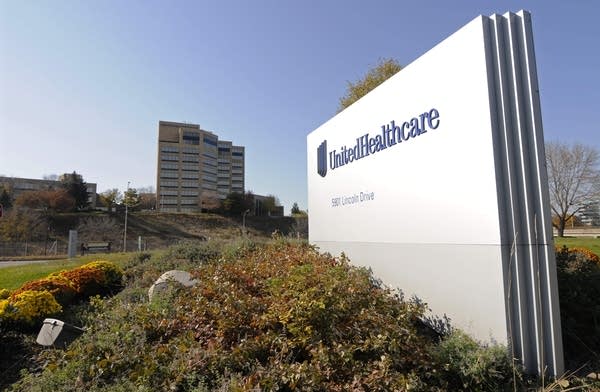'Critical illness' coverage grows as out-of-pocket health costs jump

Among companies now embracing critical illness plans is Twin Cities-based UnitedHealth Group.
Jim Mone | AP 2012
Go Deeper.
Create an account or log in to save stories.
Like this?
Thanks for liking this story! We have added it to a list of your favorite stories.


